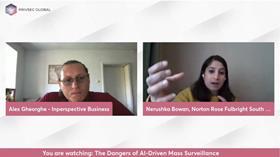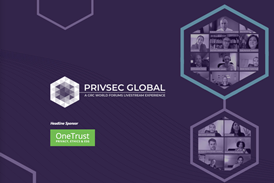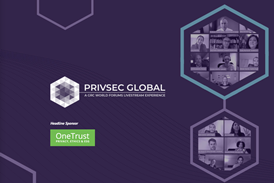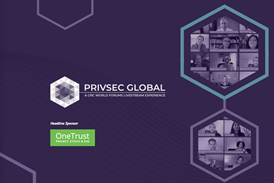The Dangers of AI-Driven Mass Surveillance

Artificial intelligence is driving huge improvements in fields as diverse as medicine and climate monitoring. But from biometric identification to “social credit” scoring systems, AI is also providing new ways for governments and large corporations to track and surveil people—with significant implications for their privacy and freedom.
Catch-up and watch this session on-demand

Artificial intelligence is driving huge improvements in fields as diverse as medicine and climate monitoring. But from biometric identification to “social credit” scoring systems, AI is also providing new ways for governments and large corporations to track and surveil people—with significant implications for their privacy and freedom.
How is AI contributing to the mass surveillance of vulnerable populations? What role is the private sector playing in supporting—and resisting—such activities? And can regulation catch up with the worrying advancements already made in this field?






